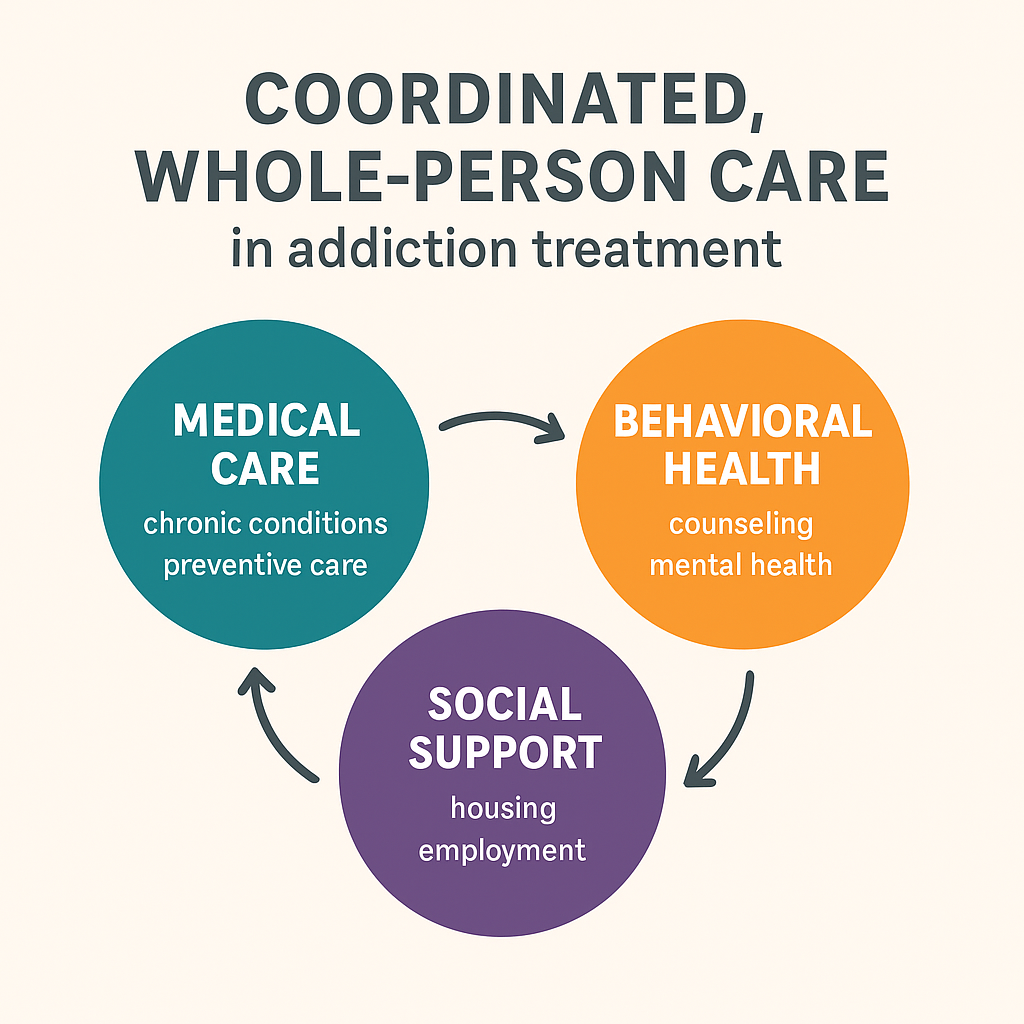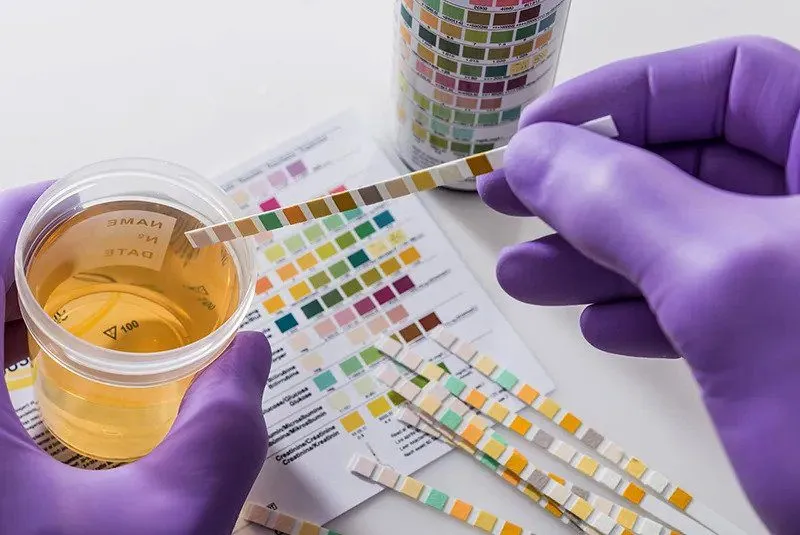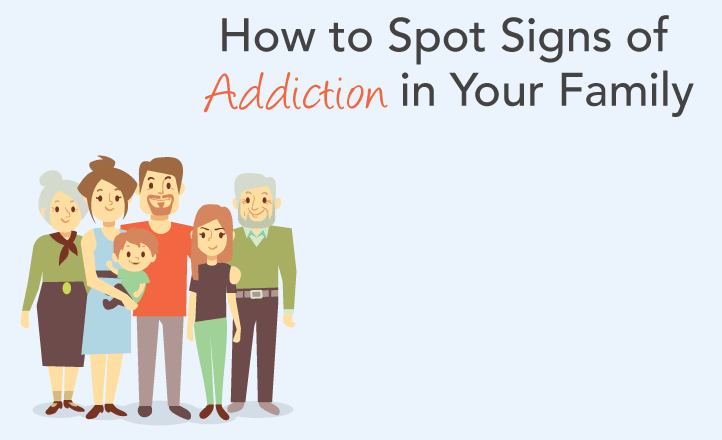Medicare/Medicaid & Addiction
Medicare and Medicaid provide vital coverage for addiction treatment, including counseling, inpatient and outpatient care, and medication-assisted treatment. Still, barriers such as limited services, provider shortages, and administrative hurdles remain, along with ethical dilemmas regarding autonomy, confidentiality, and equitable access. When coverage falls short, alternatives such as state programs, nonprofits, sliding-scale clinics, telehealth, and peer … Read more









